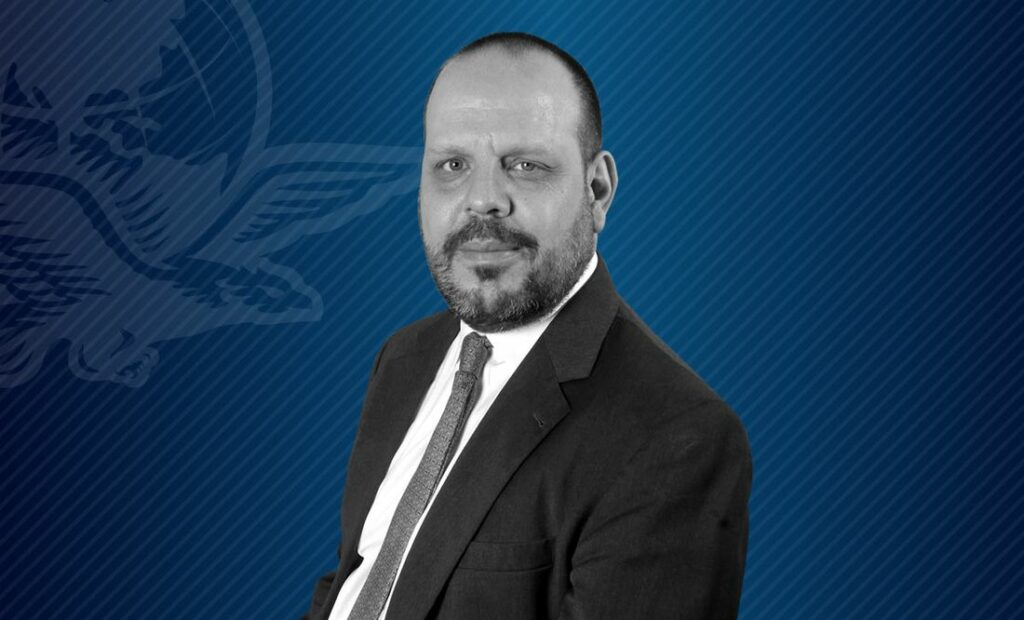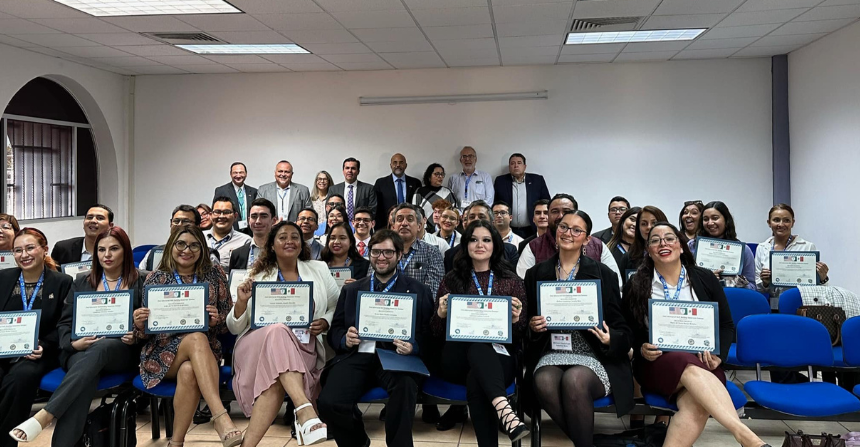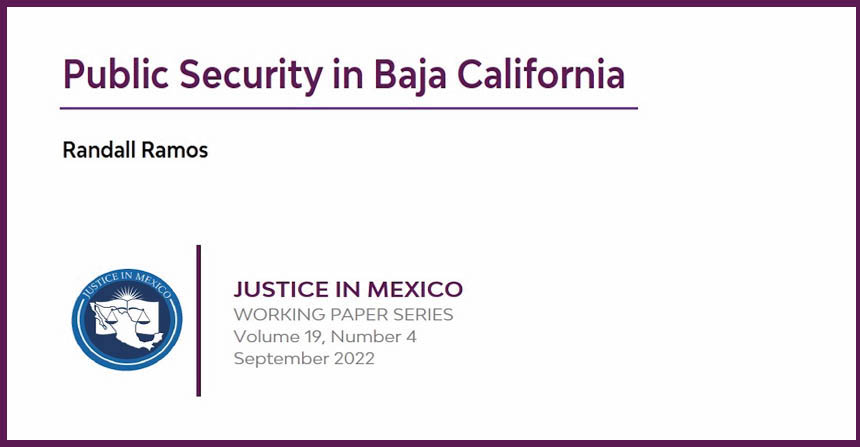10/18/11 — In an alleged assassination plot that was foiled last week, a U.S. informant posing as a Zeta cartel member named CS-1 was hired for $1.5 million by an Iranian agent, Manssor Arbabsiar, to kill the Saudi ambassador to the United States. The plot was revealed by the Drug Enforcement Agency (DEA) and the Federal Bureau of Investigation (FBI) on Wednesday, October 12.
Naturalized U.S. and Iranian citizen, Manssor Arbabsiar, 56, was said to have first met CS-1 on May 24, 2011 to begin discussions for the assassination. After that point, they met several more times in Mexico, where these interactions and discussions were taped. Methods for the assassination that were proposed reportedly included a targeted strike and a bomb. The Los Angeles Times stated that Arbabsiar and the DEA informant also allegedly discussed bombing the Israeli embassy in Washington and the Saudi and Israeli embassies in Argentina, as well as opening Zeta trafficking routes for opium from the Middle East through Mexico. In June and July of this year, Arbabsiar returned to Mexico to continue meeting with CS-1. He explained that his bosses in Iran had plans for more violence, as well as the murder of the ambassador. The plan of attack at this point was to detonate C-4 explosives in a Washington, DC restaurant that the Saudi ambassador often frequents. At a meeting on July 14, the informant told the DEA that Arbabsiar had recruited four men to carry out the assassination of the ambassador and would charge a total of 1.5 million dollars. The plotters had wired advance payments of nearly $50,000 to an FBI-controlled bank account in August, reported the DEA.
Following the inside operation and information, Arbabsiar and an Iran-based member of the secret Quds Force unit of the Iranian Revolutionary Guard, Gholam Shakuri, have been arrested. The two men were charged with conspiracy to murder a foreign official, conspiracy to use weapons of mass destruction and conspiracy to commit an act of terrorism, among other counts. Officials said Arbabsiar had confessed to the charges and was cooperating with authorities in custody.
A variety of opinions were voiced in response to the foiling of the plot. On the one hand, Mexican security forces, the administrations of both the United States and Mexican governments, and particularly the Mexican media have highlighted the bilateral efforts, specifically that of intelligence sharing, in stopping the assassination and arresting the individuals. U.S. Attorney General Eric Holder praised the cooperation of Mexico throughout the process, while a representative from the Mexican government responded, “The government of Mexico reiterates its full commitment to preventing and combating terrorism through international cooperation and condemns any attempt by any individual, group or international actor that may seek to carry out actions of such a nature while in Mexico, in accordance with domestic law and with bilateral agreements currently in effect.” More specifically, a number of Mexican media outlets detailed the collaboration between the neighboring countries, which indicated that the Mexican government was initially alerted to Arbabsiar’s arrest warrant issued by a U.S. court following the unraveling of Arbabsiar’s above actions. At this point, Mexico’s National Immigration Agency (Instituto Nacional de Migración, INM) was informed of Arbabsiar’s status and then played a role in identifying the suspect and working with U.S. officials to ensure his arrest. In the aftermath of the events, both the Calderón and Obama administrations recognized their continued commitment to one another in fighting trans-national crime, “under the principles of shared responsibilities and full respect for the national jurisdictions of each country,” quoted El Universal.
However, on the other hand are those, like a number of U.S. congressmen, who saw this incident as yet another indication of the danger and strength of Mexican cartels and the weakness of the porous U.S.-Mexico border in preventing trans-national illegal activity. With the southern border and immigration policy becoming salient issues in the 2012 U.S. presidential race, many lawmakers have moved to discuss security in special committees on the House of Representatives floor. This ultimately has significant implications, as Mexican cartels are now being viewed by some U.S. congressmen as international terrorist groups. For example, Congressman Michael McCaul, who has made prior statements in the past, noted after the failed assassination attempt, “Even though the cartels did not actively engage in this plot, this event underscores the value that international terrorists place on the cartels, their access to weapons and their ease of illegal movement across our southwest border that is far from secure. I am continuing to pursue a strategy to secure the border and use every tool available to stop the advancement of Mexican drug cartels inside the U.S. I urge this administration to join me in this effort.”
Strategic Forecasting Inc., a global intelligence firm based in Austin, Texas, disagreed with Congressman McCaul’s statements and actions in the House of Representatives. They released their own analysis to the press arguing that drug cartels have their own pragmatic interests in staying as far away as possible from the “terrorism” label. A Strategic Forecasting representative stated that, “Any plan to use Mexican drug cartels to carry out attacks against the United States would threaten the very existence of the cartel.”
Sources:
Bennet, Brian. “U.S. accuses Iran of plot to kill Saudi ambassador.” Los Angeles Times. October 11, 2011.
“EU usa a zetas para frenar complot iraní.” Milenio. October 12, 2011.
Ramos, Jorge. “Obama agradece apoyo de Calderón.” El Universal. October 14, 2011.





I’m confused how a scheme that involved a non-Zeta government informant posing as a Zeta while keeping the actual Zetas in the dark about the phony plan justifies a headline like “Zetas linked to Saudi Ambassador Assassination Attempt”…
You are completely correct. Thank you for bringing that to our attention, the title was written when the story originally broke and facts were unclear.
Pingback: Call of Juarez: The Cartel | GameAmbassador.com - Video Games! | The Games Online
This only goes to show that there’s a very real threat that Mexico’s lack of security not only poses the U.S., but other nations around the world. This ‘plot’ may have been foiled this time, but could be a reality in the future.
Pingback: NYT: DEA Infiltrated Cartels « Justice in Mexico
Pingback: New York Times: DEA Infiltrated Cartels « Justice in Mexico